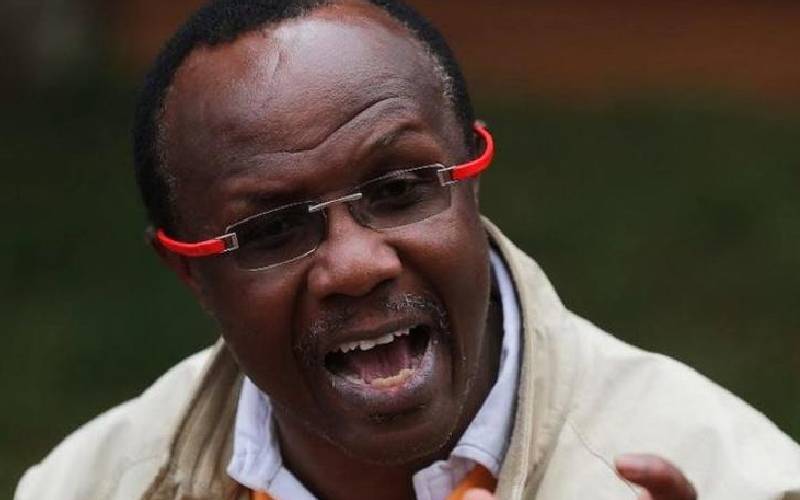×
The Standard e-Paper
Smart Minds Choose Us

Economist David Ndii. [Courtesy]
Challengers of the Building Bridges Initiative (BBI) want the Supreme Court to uphold the verdicts of the High Court and Court of Appeal that stopped the push to amend the Constitution.